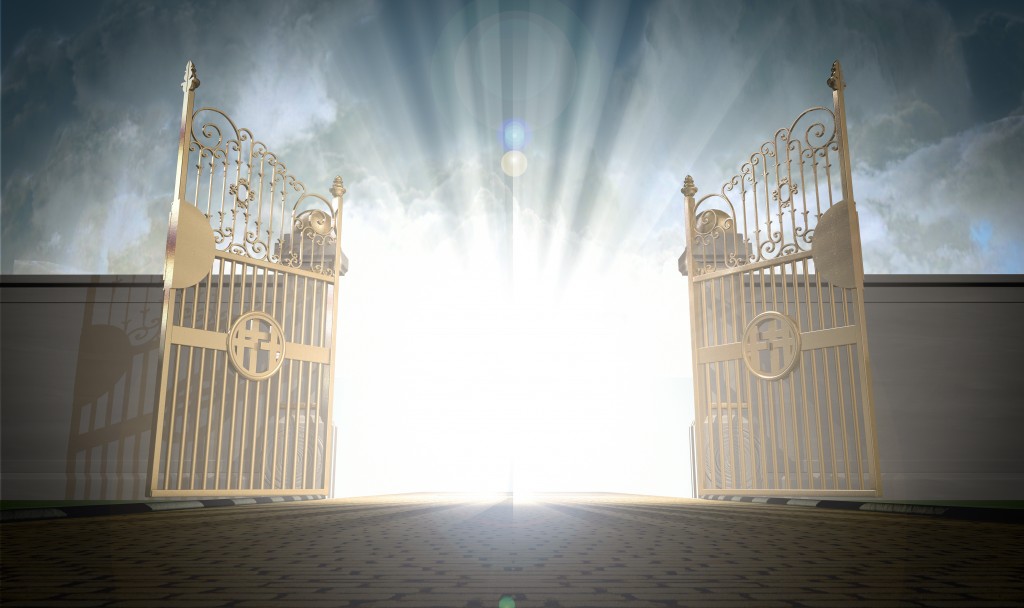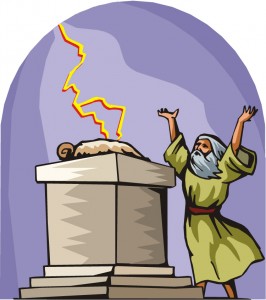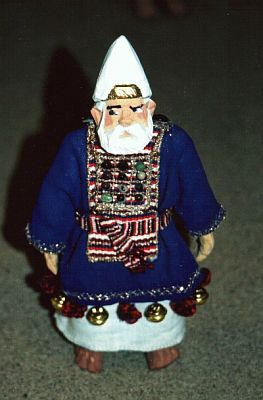Scripture reveals that the saints are to be a holy or set-apart (kadosh)
priesthood, not a profane (worldly and polluted) one. If Yeshua calls us his kadosh and royal priesthood, then let’s own that identity and start acting like one!
Pursue peace with all people, and holiness, without which no one will see YHVH. (Heb 12:14)
Holiness Is YHVH’s Chief Quality
Holiness is the chief attribute of Elohim and the most defining aspect of his character. It has to do with the fact that Elohim is entirely good and without evil or moral defect and totally sinless. This is why the spiritual beings around his heavenly throne are constantly crying, “Holy, holy, holy” in his Presence (Isa 6:3; Rev 4:8). This is why one of his titles is The Holy One of Israel,which is used more than thirty times in the Tanakh (e.g., 2 Kgs 19:22; Ps 71:22; Isa 1:4; Jer 50:29). This is why the high priest who ministered in the Tabernacle of Moses and later in the temple wore a golden crown or headplate with the words inscribed on it, “HOLINESS TO YHVH.” Not only was this pointing upward to YHVH’s set-apartness, but man himself is to become holy or set-apart even as YHVH Elohim is set-apart, for we read in the Epistle to the Hebrews that the attribute of holiness is a prerequisite for a man coming into the Presence of Elohim (Heb 12:14).
YHVH Elohim made mankind in his own image (Gen 1:27), so that man could eventually become his glorified spirit children (John 1:12; Rom 8:14–15; 2 Cor 6:18; Gal 4:5–6; 1 John 3:1–2; Rev 21:7). As part of the process of becoming an immortal child of Elohim, man must become holy as he is holy (Lev 11:44, 45; 20:7, 26; 1 Pet 1:16). This is the ultimate destiny of those who will submit to YHVH’s process of transforming man from profane or polluted, sin-ridden beings to becoming holy or set-apart. What does this process involve and how does it affect you?
YHVH Is Preparing His Saints to Be a Kingdom of Priests
In the Bible, YHVH declared that it was the destiny of the Israelite nation to become a chosen and peculiar people and a kingdom of priest—to be special and unique among the nations of the world—to reflect the character and nature of YHVH Elohim—to be holy (in Hebrew, kadosh) as he is kadosh. The Hebrew word kadosh means Continue reading







